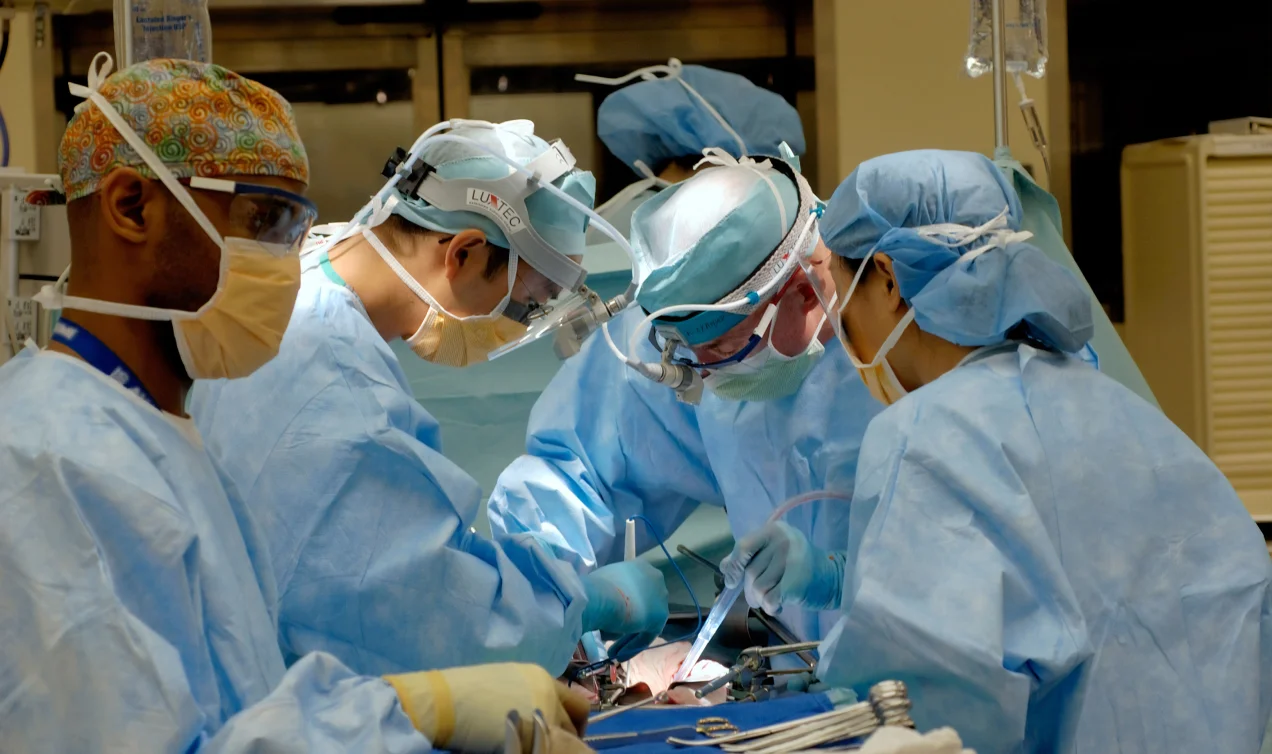
Holter Heart surgery
Holter monitoring and heart surgery are two interconnected aspects of cardiology that play critical roles in diagnosing and treating cardiovascular conditions. Holter monitoring, a non-invasive diagnostic tool, involves the continuous recording of a patient’s heart rhythm over a period of time, typically 24 to 48 hours. This monitoring allows clinicians to capture irregularities in heart rhythm that may not be evident during a standard electrocardiogram (ECG), providing valuable insights into conditions such as arrhythmias, heart blockages, or cardiac ischemia.
In the context of heart surgery, particularly procedures like coronary artery bypass grafting (CABG) or valve repair/replacement, accurate preoperative assessment of cardiac function and rhythm is essential for ensuring patient safety and optimizing surgical outcomes. Holter monitoring serves as a preoperative screening tool, enabling cardiologists and cardiac surgeons to identify any underlying arrhythmias or cardiac abnormalities that may influence surgical planning or postoperative management. By detecting issues such as atrial fibrillation or ventricular tachycardia, Holter monitoring helps guide decisions regarding the need for additional interventions, such as medication adjustments or cardiac device implantation, to stabilize the patient’s heart rhythm before surgery.
Following heart surgery, Holter monitoring continues to play a crucial role in postoperative care. It allows clinicians to monitor the patient’s cardiac rhythm during the early recovery period, enabling prompt detection and management of any arrhythmias or other cardiac complications that may arise. By providing continuous data on heart function, Holter monitoring helps assess the success of the surgical intervention and guides decisions regarding the timing of discharge and the need for ongoing cardiac monitoring or rehabilitation.
In essence, the integration of Holter monitoring into the care continuum of heart surgery exemplifies the synergy between diagnostic technology and surgical innovation in modern cardiology. By facilitating comprehensive preoperative evaluation, intraoperative decision-making, and postoperative monitoring, Holter monitoring contributes to the delivery of safe, effective, and personalized care for patients undergoing cardiac surgical interventions.





